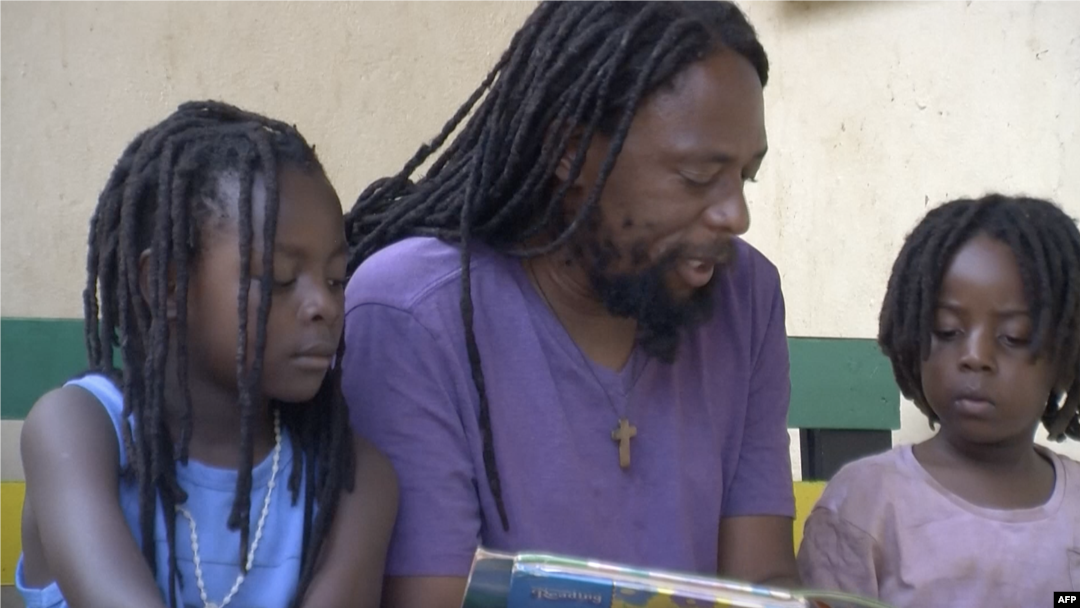The judgment of the court — which found the policy to be unconstitutional — follows a judicial review application by two minors who in 2020 were barred from enrolling in public schools for wearing dreadlocks.
Lawyers for the students said the policy which the Ministry of Education used to deny the children access was unlawful and infringed on their right to education.
In her judgment Monday, Judge Zione Ntaba ordered the government to abolish legislation passed in 2012 which denied children with dreadlocks from enrollment in public schools.
She ordered the ministry to inform all public schools by June 30 that no student should be denied entry into classrooms because of dreadlocks.
Chikondi Chijozi, the lawyer representing the children, said that Rastafarian children can now enroll in public primary, secondary or tertiary education.
Malawi's Rastafarians have long been sidelined by the Ministry of Education policy requiring students to cut their hair. In response, many parents choose private schools, while others give in and adhere to government policy.
For Rastafarians, dreadlocks are a symbol of the mane of the Lion of Judah found in the Biblical books of Genesis and Revelation, and a resistance to "Babylon," or oppression and materialism. They also resist cutting their hair to distinguish themselves from the straight hair of those they consider their oppressors.
Ali MacRoy Nansolo, a member of Rastafarian movement in Malawi, who also wears dreadlocks, is among those who send their children to private schools.
"It really affects us because as parents," he explained, "we have higher expectations from our children when they grow up to be teachers, lawyers and or whatever (they choose). But to reach this (goal) they have to pass through education. Being denied the right to education, we feel (is) very painful.”
However, three months ago, Attorney General Chakaka Nyirenda requested presiding Judge Ntaba to stop hearing the case by asserting that Malawi had no policy against dreadlocks and that government schools were banning the students of their own accord. Judge Ntaba rejected the request.
Chizoji said, "there are procedures that are followed under the law, where there is non-compliance of the court (order by the government) but I hope we will not (get to that point.)"
Malawi’s Ministry of Education said Tuesday that it will fully comply with the court’s judgment — a statement which has pleased the Rastafarian community.


